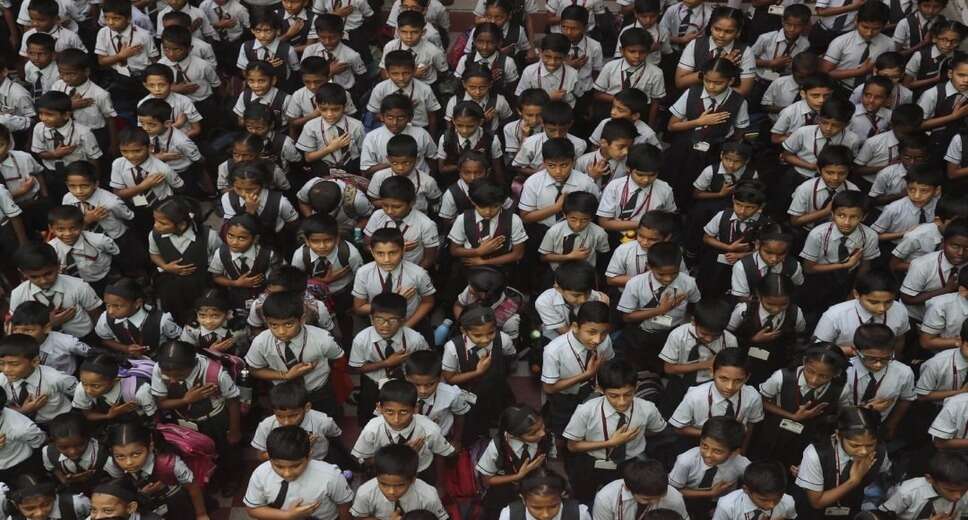Revolutionizing Education: Kerala's Draft Curriculum Proposes Semester System for Class X, XI, XII

The draft of the Kerala Curriculum Framework has introduced a significant proposal: the implementation of a semester system for public examinations in Classes X, XI, and XII. Currently, public examinations are conducted in these classes in the state. The rationale behind this proposal is to bridge the gap between learning and examinations, ensuring that assessments align more closely with recent coursework. In this blog post, we will explore the key aspects of this proposal and its potential impact on the education system in Kerala.

Semester System: A Bridge to Enhance Learning and Assessment

Reducing Learning-Examination Gap
The draft framework strongly advocates for the semester system in public examinations. It argues that the existing long gap between learning and examinations is not conducive to effective education. By adopting the semester system, assessments can focus on the portions studied recently, leading to a more accurate evaluation of students' understanding and retention of the material.
Continuous Evaluation Emphasis
In line with this proposal, the draft emphasizes the importance of continuous evaluation. Instead of a single high-stakes examination, students would have the opportunity to appear for multiple assessments. The best performance among these evaluations would then contribute to their final evaluation. This shift aims to reduce the pressure associated with a single exam while promoting a more comprehensive assessment of students' knowledge.
Class XI Stream Choice Assessment
As students choose different streams in Class XI, the draft suggests the need for a public examination to gauge students' standing and interests accurately. This examination would serve as a vital tool to help students make informed decisions about their academic paths.
Class XII Examination Evolution
The draft recommends that the Class XII public examinations be amended over time, highlighting the importance of ongoing academic discussions. This approach reflects a commitment to adapting assessment methods to align with evolving educational needs.
A Holistic Progress Card
To provide a comprehensive overview of a student's academic development, the draft proposes the creation of a holistic progress card. This document would track a student's progress from primary to higher secondary levels, offering a comprehensive record of their achievements.
Digital Record of Continuous Evaluation
To streamline the assessment process, the draft suggests the development of a digital record, often referred to as 'My students.' This record would capture the results of continuous evaluations, making it easier to monitor and track student progress.
Student Feedback and Evaluation of Teachers
In a bid to enhance the education system's transparency and quality, the draft encourages students to provide feedback and assess their teachers. This two-way evaluation process aims to empower students and motivate educators to meet student expectations effectively.
Assessing More Than Knowledge
The draft's vision of continuous evaluation extends beyond assessing knowledge. It seeks to evaluate students' vocational interests, skills, social values, and attitudes, providing a more holistic picture of their development.
Kerala's proposed shift towards a semester system for public examinations, as outlined in the draft Curriculum Framework, represents a bold step towards modernizing the state's education system. By reducing the gap between learning and assessments, emphasizing continuous evaluation, and promoting a holistic approach to student development, this proposal holds the potential to significantly enhance the quality of education in Kerala. As the state considers these changes, it demonstrates a commitment to fostering a more dynamic and student-centric educational environment.
